Legal DNA Testing
Find the Right Legal Test for Your Situation

Legal Paternity Test
Participants
- Alleged Father
- Child
- Mother (Optional)
Price
Starting at $290

Legal Maternity Test
Participants
- Alleged Mother
- Child
Price
Starting at $290

Legal Grandparent Test
Participants
- Grandparent(s)
- Grandchild
- Mother (Optional)
Price
Starting at $290

Legal Sibling Test
Participants
- Siblings
- Mother (Optional)
Price
Starting at $290

Legal Aunt/Uncle Test
Participants
- Aunt or Uncle
- Niece or Nephew
- Mother (Optional)
Price
Starting at $290

Legal Cousin Test
Participants
- Cousins
Price
Starting at $290
Not sure which test you need?
Phone
Understanding DNA Testing: Private vs. Legal
At-Home Private Testing
- Convenience: Easily collect cheek swab samples from the comfort of your home.
- Complete Privacy: Get your DNA test kit with free discreet shipping, and receive your confidential results from your secure online account.
- High Accuracy: Benefit from the same level of accuracy as our legal tests, without the strict documentation requirements.
Legal Testing
- Chain of Custody: DNA samples must be collected by an impartial third-party and sent directly to the laboratory.
- Identity: All participants must provide legal identification, photographs and fingerprints to ensure it’s the right person being tested.
- Detailed Reporting: Detailed results are presented with full documentation suitable for legal proceedings.
When are legal tests needed?
Child Custody and Support
Inheritance Disputes
US Immigration
Name Changes
Industry-Leading Quality Standards

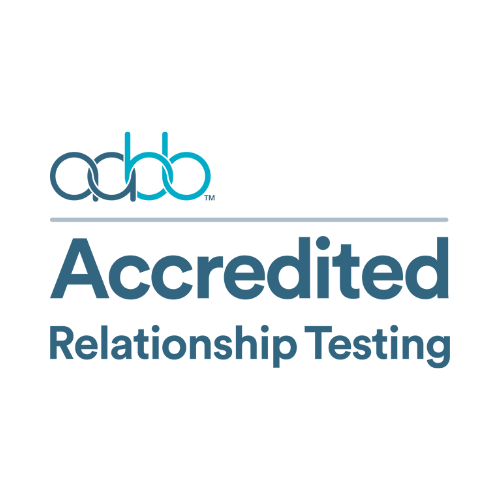
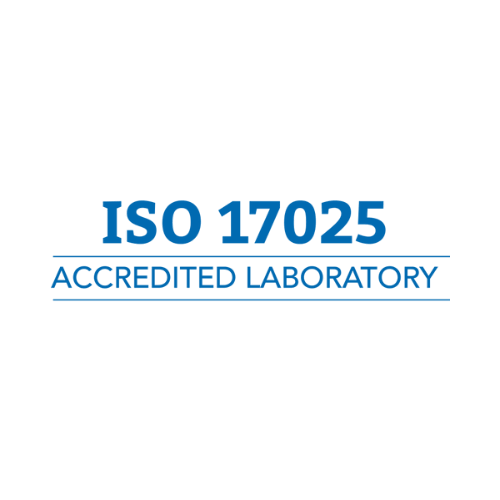
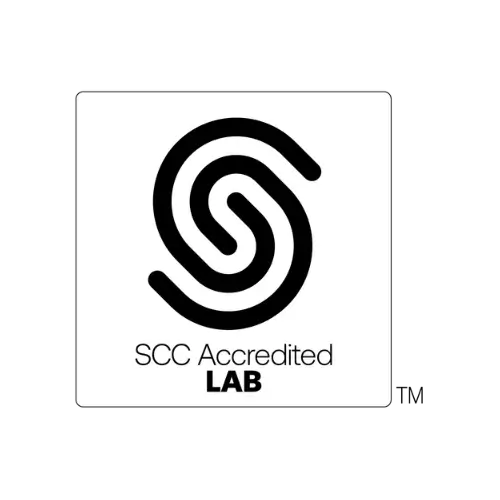
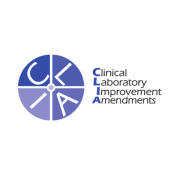
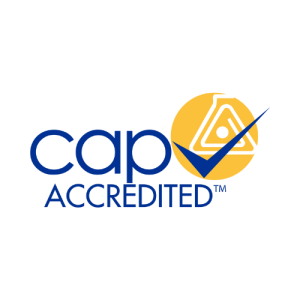
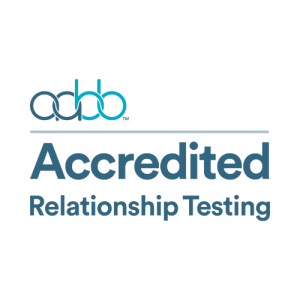
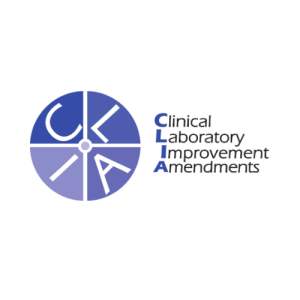
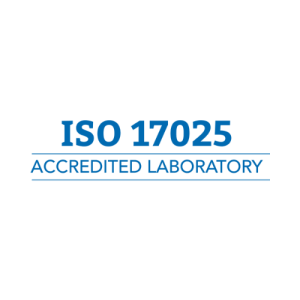
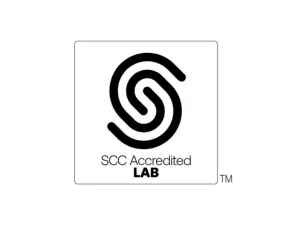
Nationwide Legal Recognition

Frequently Asked Questions
What is a legal DNA test?
Legal DNA testing refers to a DNA test that follows a strict chain of custody, ensuring that the DNA samples are properly collected, handled, and tested under a controlled environment. This process makes the results legally defensible and can be used for legal purposes such as child custody, child support, immigration, and more.
When is legal DNA testing required?
Legal DNA testing is typically required when there's a need to establish a biological relationship for legal purposes. This could be for child custody cases, child support disputes, immigration applications, or inheritance claims
Why is it important to choose an accredited laboratory?
Selecting an accredited DNA testing laboratory is essential for several reasons. Firstly, accreditation serves as a mark of legitimacy and trustworthiness. It assures you that the laboratory meets stringent standards and follows established protocols to ensure accurate and reliable testing.
Accreditation also guarantees the highest quality of testing. Accredited laboratories undergo comprehensive evaluations by reputable organizations to assess their proficiency and competence. By choosing an accredited laboratory, you can have confidence in the precision and integrity of your test results.
At Genetrack, we take pride in being one of the few DNA laboratories worldwide to have received all major internationally recognized and prestigious DNA laboratory accreditations. These include the Standards Council of Canada (SCC), American Association of Blood Banks (AABB), College of American Pathologists (CAP), Clinical Laboratory Improvement Amendments (CLIA), and ISO/IEC 17025, a testament to our commitment to upholding the highest standards in DNA testing.
Does the mother need to be tested?
In a paternity test, it is not required to test the mother in order to obtain a conclusive legal DNA test result. The test can be absolutely conclusive even with just the alleged father and child's samples. However, including the mother's DNA can help strengthen the results, but it is entirely optional
For other relationship tests like sibling or grandparentage tests, the inclusion of the mother's DNA may help in obtaining more precise results.
How long does the testing take?
Once we receive your samples, testing begins immediately, and results are usually ready within 1 to 2 business days. You can access your results securely online through your secure online account.
Is the home DNA test as accurate as the legal DNA test?
Yes, the home DNA test is just as accurate as the legal DNA test. Both tests are performed in our accredited laboratory and use the same advanced technology and rigorous testing procedures to analyze the DNA samples. The results from both tests are equally accurate and reliable.
The main difference between the two tests is not the accuracy of the results, but the method of sample collection and the documentation process. For a home DNA test, you collect the samples yourself at home, while for a legal DNA test, the sample collection must be witnessed by a neutral third party, such as a medical professional or a legal representative, to maintain a chain of custody. This chain of custody process is what makes the results of a legal DNA test admissible in court.
So, if you need the test results for legal purposes, such as child custody cases, child support disputes, inheritance claims, or immigration applications, you would need to opt for the legal DNA test. If you're simply seeking to confirm a biological relationship for personal knowledge, the home DNA test would be sufficient.
What does chain of custody mean?
For legal DNA testing, the sample collection and handling process follows a documented chain of custody. This means that the identity of the individuals being tested is verified (through government-issued ID, photographs, and fingerprinting), and the samples are tracked and documented at every step from collection to analysis.
How old does a child need to be before testing?
There is no minimum age for a child to be tested. DNA testing can be performed on individuals of any age, including newborns.
Can I use legal DNA test results for court?
Yes, Genetrack strictly adheres to the chain-of-custody procedure as outlined by the AABB. This means that the results can be used for legal purposes such as child custody, child support, immigration, and more.
Questions?
Contact us for a free consultation! Our DNA experts are available to help at support@genetrackus.com or 1-877-714-6356.